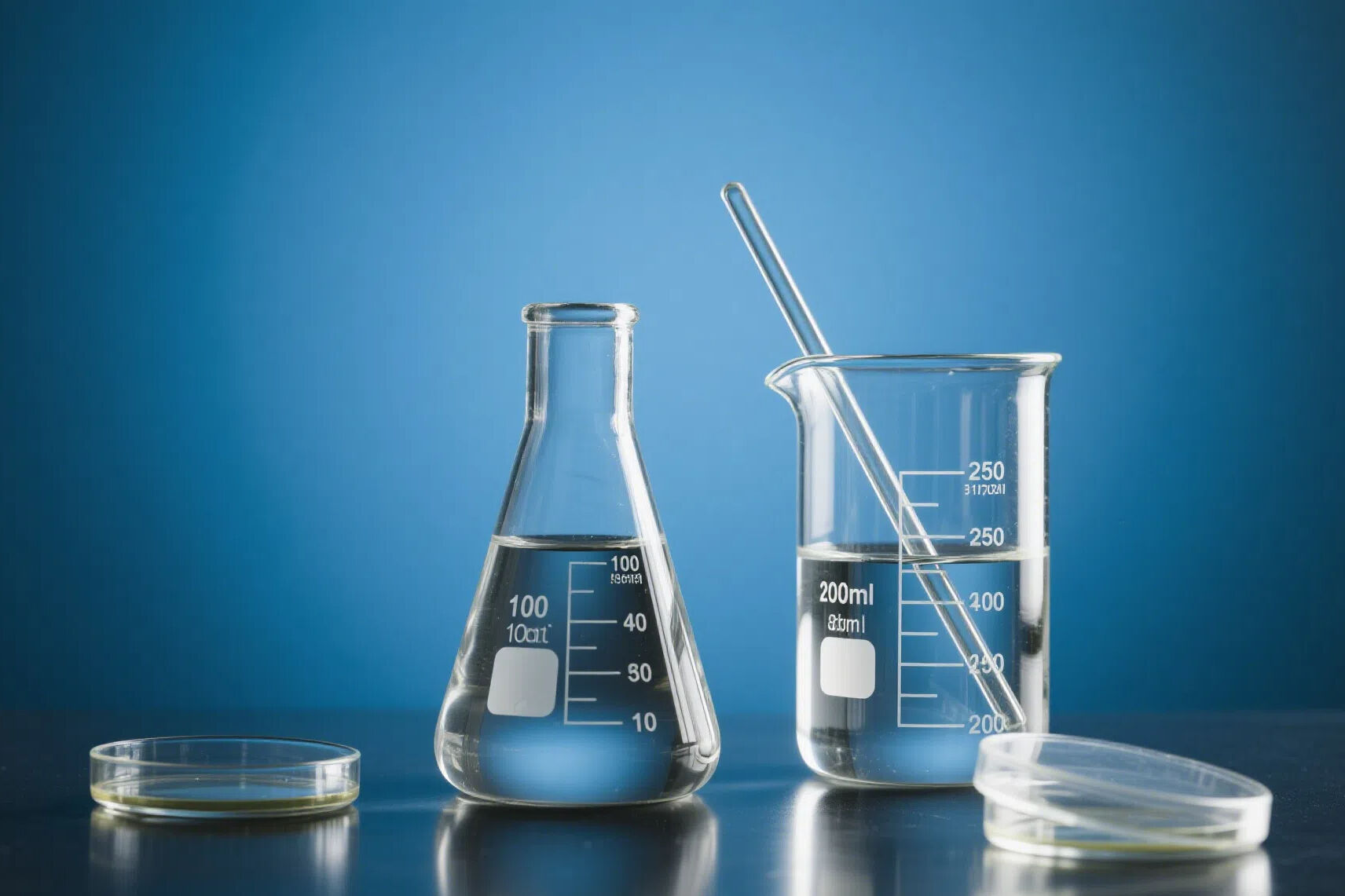Acrylates exhibit a range of properties that make them highly versatile in various applications, with their characteristics determined by their chemical structure, molecular weight, and formulation. As monomers, such as 2-ethylhexyl acrylate (2EHA), they are typically clear, colorless liquids with low viscosity, enabling easy mixing and processing. They have a reactive vinyl group (C=C) that undergoes polymerization, allowing them to form long-chain polymers with adjustable properties. Acrylic polymers derived from these monomers display excellent adhesion to a variety of substrates, including metals, plastics, and paper, making them ideal for adhesives and coatings. They offer good flexibility and elongation, which can be tailored by adjusting the monomer composition—for example, 2EHA enhances flexibility, while methyl methacrylate increases rigidity. Acrylates also exhibit strong weather resistance, including UV stability and resistance to oxidation, ensuring long-term performance in outdoor applications. Water-based acrylic emulsions are non-toxic and low in VOCs, meeting environmental standards and making them suitable for consumer products and indoor applications. Chemical resistance is another key property, with acrylates resisting water, oils, and many solvents, depending on their formulation. Additionally, acrylic polymers can be modified to have specific properties, such as heat resistance, antimicrobial activity, or conductivity, through the incorporation of functional monomers or additives. E Plus Chemical Co., Ltd. leverages advanced catalytic polymerization technology to precisely control these properties, producing acrylates with consistent performance for adhesives, coatings, and other applications.
